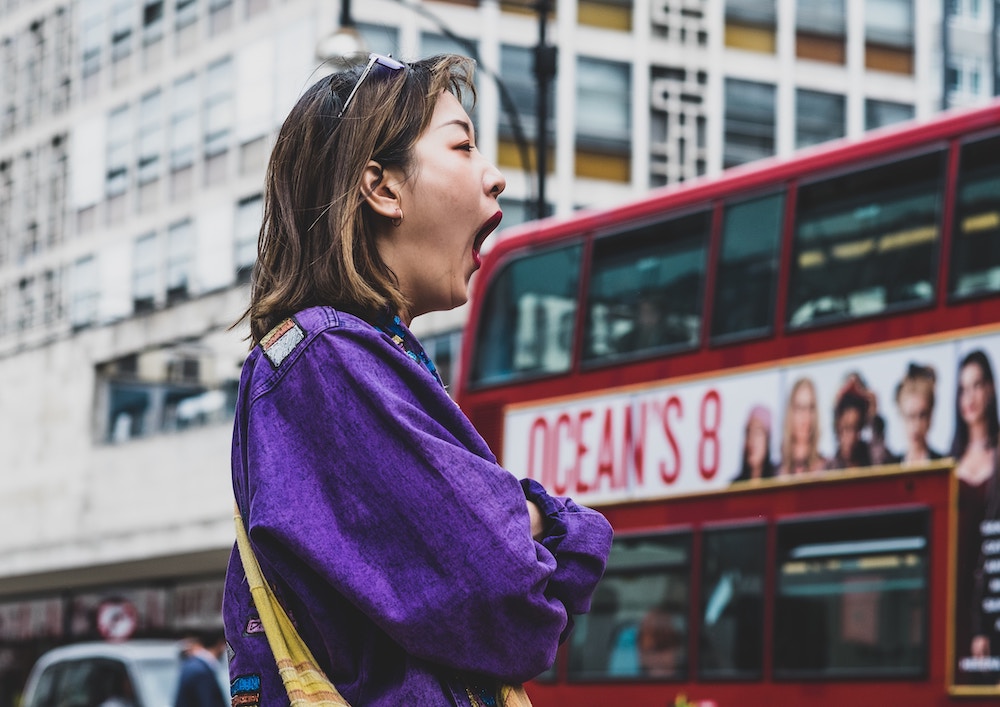
19 Feb Silence Surrounding Cancer-Related Fatigue
Triage Cancer is proud to share this useful information and resource from our partner, Tired of Cancer.
Cancer-Related Fatigue (CRF) isn’t imaginary. What many people don’t know is that fatigue is the most common side effect of cancer and its treatments. Fatigue occurs in 30%–70% of all patients at some point during the cancer journey and may continue many years after medical treatment has ended.
CRF is often misunderstood as common tiredness. But that’s not the reality. Cancer-related fatigue is a differentkind of tired. For those who haven’t gone through it, it’s hard to comprehend what this type of fatigue feels like. It can be described as “debilitating or paralyzing” impacting all aspects of daily life. Simple routines like getting dressed or eating a meal can become insurmountable tasks. CRF affects cancer patients and survivors as well as their loved ones at the core of their existence. It doesn’t disappear with a good night’s sleep or extra cup of coffee. Unfortunately, this most common cancer side-effect usually remains undiscussed among cancer patients and healthcare providers. This leaves many suffering in silence without the resources and support to combat it. A recent study1 showed that 24% reported they would “do nothing” about fatigue or tiredness themselves. By comparison, less than 10% patients reported that they would do nothing for the other side effects investigated, such as pain.2
Why the silence and the inactivity? While there is no magic bullet solution or prescription pill to eliminate CRF, resources for managing it doexist.
The National Comprehensive Cancer Network (NCCN) recently published Standards of Care to deal with CRF2.Within the differential diagnosis, research into medical factors such as anemia, cardiac failure, thyroid problems, apnea, dyspnea, renal failure, and the like has priority. In the event that such factors can be found, a medical intervention will be started. In majority of cases, when there are no indications for any of these factors, a multimodal approach is recommended that focuses on the psychological processes (reduction of stress, anxiety, and depression), physical activity (better energy balance) and sleep. Psycho-education, both for patients and their social environment, should be part of the interventions. Such approach reflects that the cause of fatigue during post-treatment is unclear and likely multifaceted. Non-pharmacological interventions, face-to-face and online therapy can be rather effective.3 4
Each cancer patient is different in their response to their illness and treatment. Fatigue is no different. Talking about it with your healthcare professional and care team is a necessary first step in any cancer treatment journey. CFR issomething — let’s stop the suffering with the start of a simple conversation because every fatigued cancer patient is one too many.
Please be sure to check out Tired of Cancer's recorded webinar: Understanding Cancer-Related Fatigue.
Dr. Bram Kuiper is a clinical psychologist, scientific entrepreneur and CEO of Tired of Cancer and founder of the Untire app. With over thirty years of experience in the field of psycho-oncology and in co-writing treatment protocols, he has devoted his career to help as many people as possible who suffer from cancer-related fatigue.
- Support Care Cancer. 2018 May 3.https://www.ncbi.nlm.nih.gov/pubmed/29725799#
- Berger A, Mooney K, Banerjee C, Breitbart W, Carpenter K, Cella D (2017) Cancer-Related Fatigue. NCCN Clin Pract Guidel Oncol
- Meneses-Echávez JF, González-Jiménez E, Ramírez-Vélez R (2015) Effects of supervised exercise on cancer-related fatigue in breast cancer survivors: a systematic review and meta-analysis. BMC Cancer15: 77
- Van Waart H, Stuiver MM, Van Harten WH, Geleijn E, Kieffer JM, Buffart LM, De Maaker-Berkhof M, Boven E, Schrama J, Geenen MM, Meerum Terwogt JM, Van Bochove A, Lustig V, Van Den Heiligenberg SM, Smorenburg CH, Hellendoorn-van Vreeswijk JAJH, Sonke GS, Aaronson NK (2015) Effect of low-intensity physical activity and moderate- to high-intensity physical exercise during adjuvant chemotherapy on physical fitness, fatigue, and chemotherapy completion rates: Results of the PACES randomized clinical trial. J Clin Oncol33: 1918–1927


